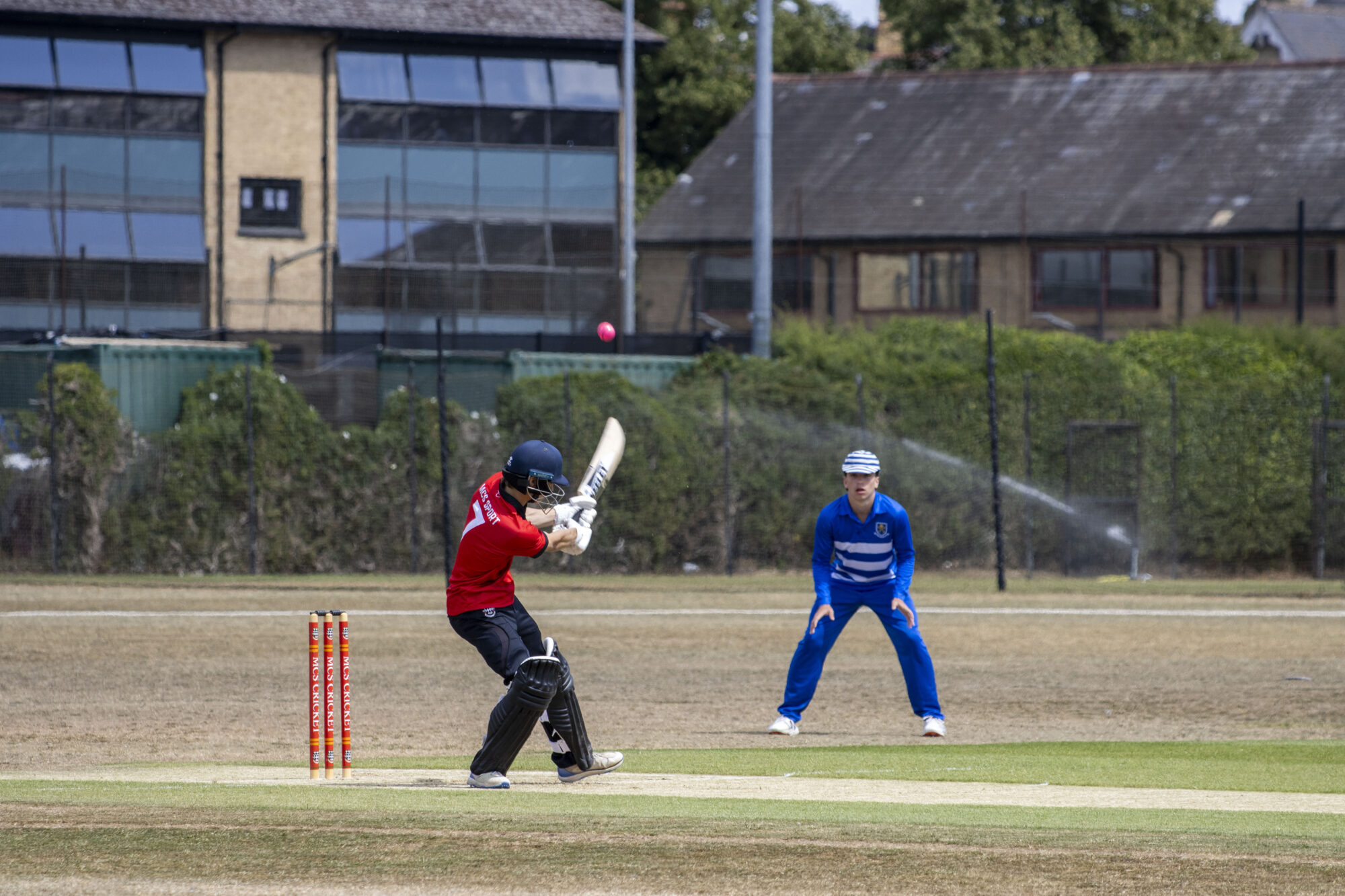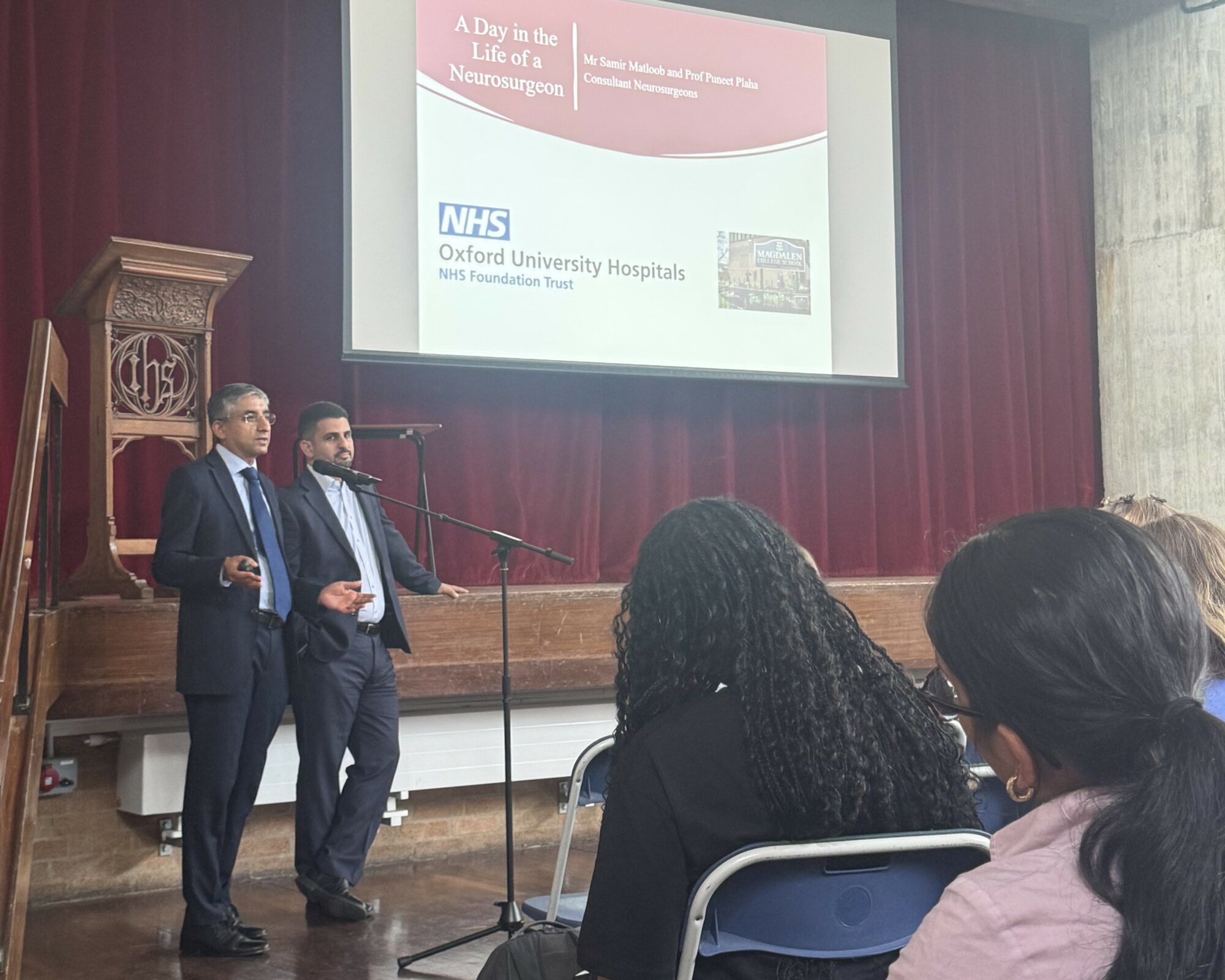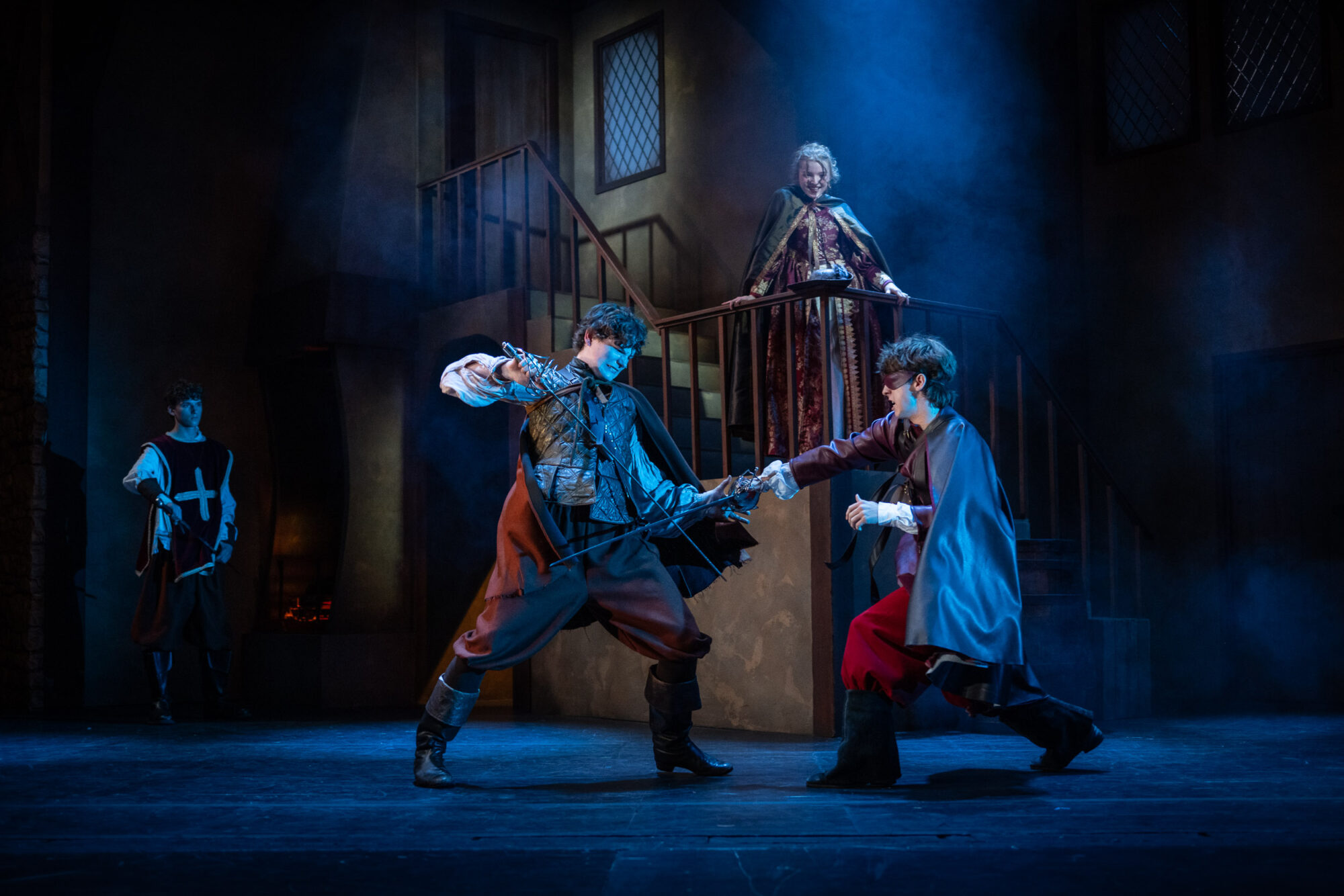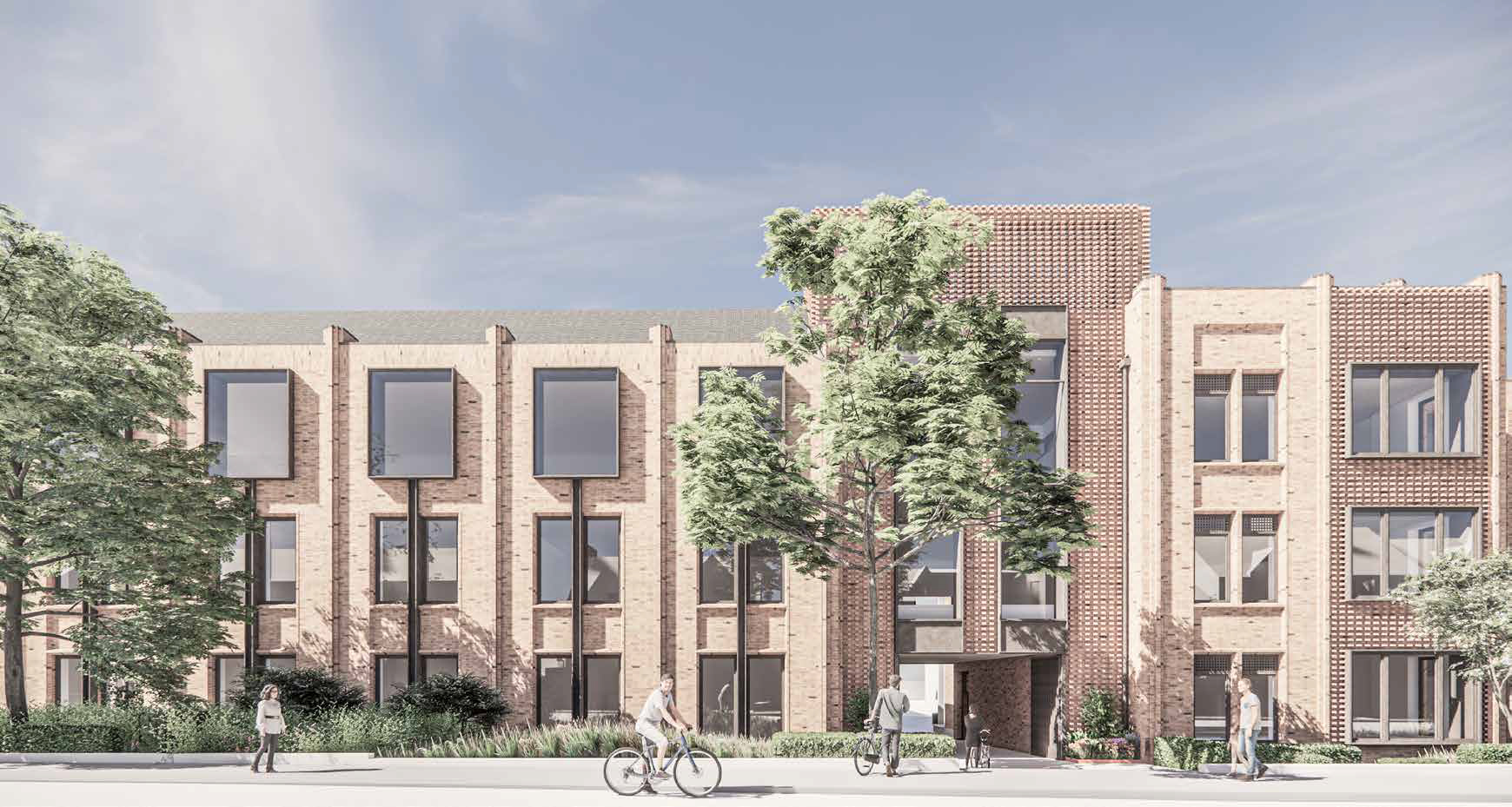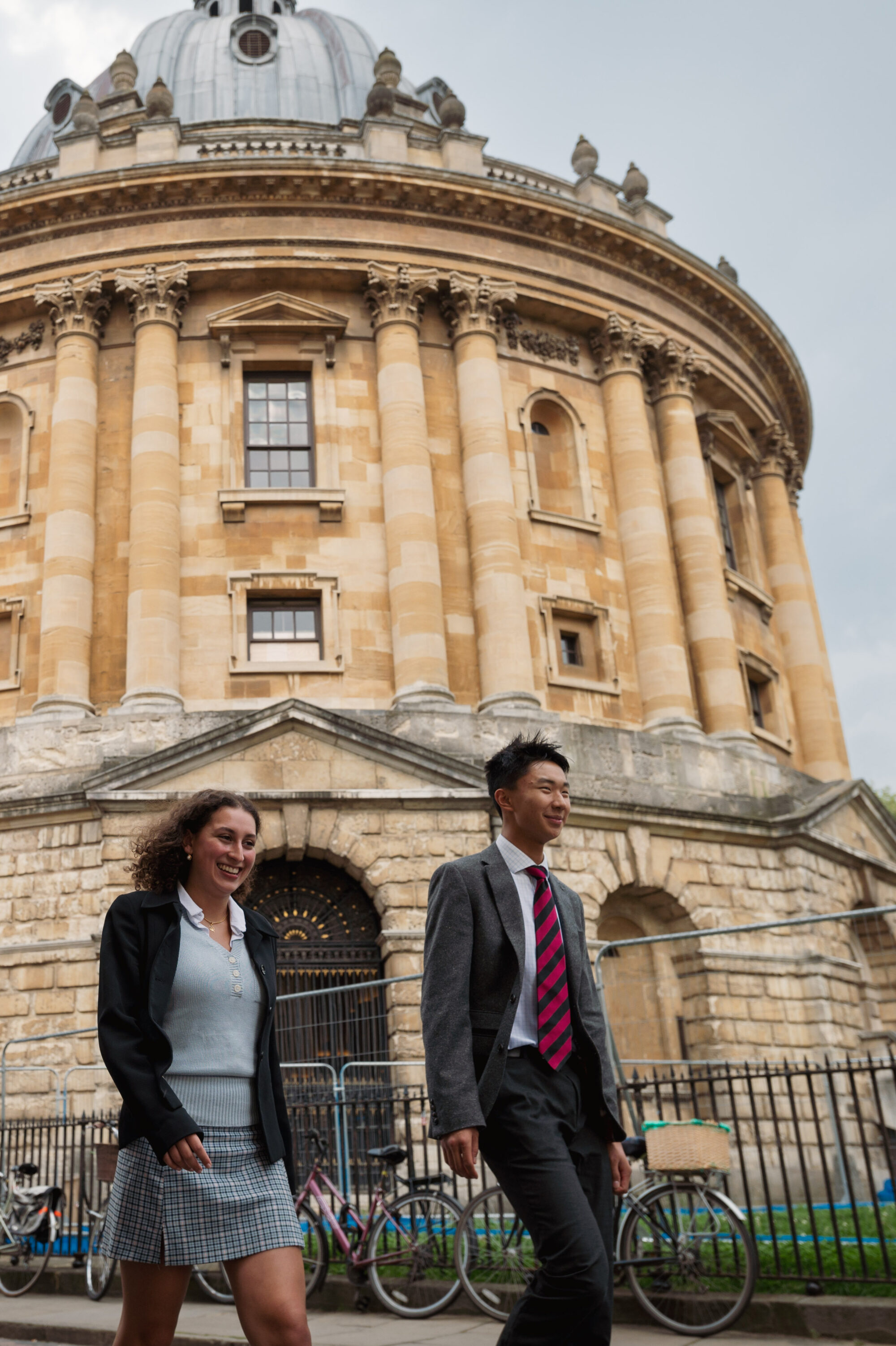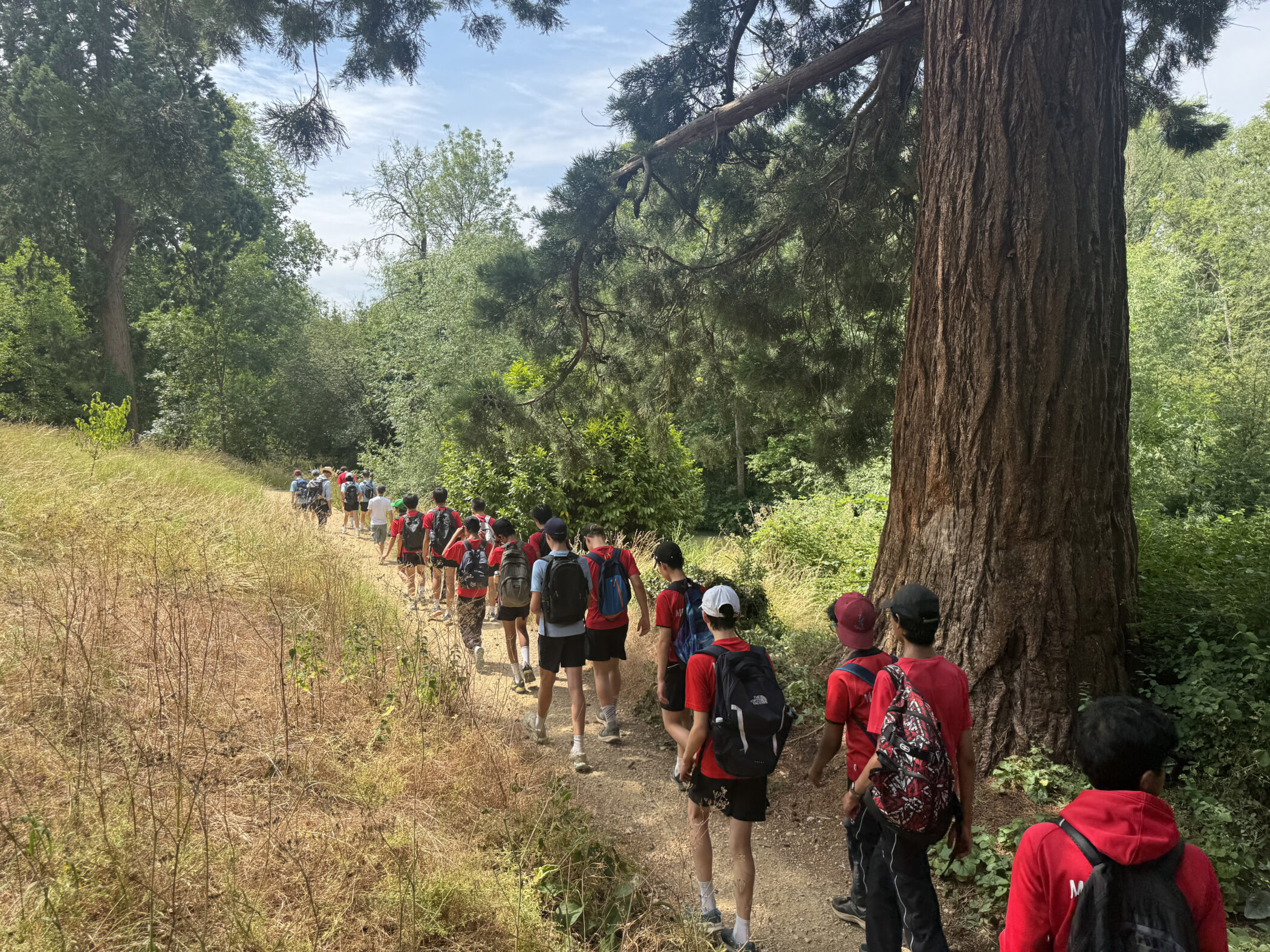14 April 1932 – 14 January 2022
Ramon Gardner (formerly Gertner), Emeritus Consultant Psychiatrist, died from a cerebral haemorrhage after a fall on 14 January 2022.
The following is adapted from the obituary of Ramon in The BMJ on 29 April 2022.
Born in Berlin, Ramon arrived in Britain, alone, as a seven-year-old orphan refugee, via one of the last Kindertransport to leave Germany in August 1939. Fostered by different families through the War years he came to MCS in 1946 as a boarder. At school Ramon excelled in History, became a House and School Prefect and was a talented sportsman, receiving colours for both cricket and hockey and showing promise in boxing. The Lily described him as a ‘slow left arm bowler and good batter’ [sic].
After leaving MCS, Ramon completed his National Service with the Royal Air Force and went on to study medicine in London. While on a cricket tour to the West Country with Barnes Cricket Club, he met Margaret, whom he married in 1956.
After various house appointments on qualifying and a brief stint in general practice, Ramon undertook various spells in hospital medicine, including at the London Hospital and in Ashford. He then decided to specialise in psychiatry. Having been based at the Maudsley Hospital in London, in 1973, he took up a consultant post at Addenbrooke’s Hospital and moved with his family to Cambridge.
He was ahead of his time in some areas of practice, for adopting the use of lithium as a mood stabiliser, as he had worked on an early trial of lithium. He was also one of the first psychiatrists to take a serious interest in patient safety. In particular, he had a keen interest in the epidemiology, assessment and prevention of suicide. He established a service at Addenbrooke’s Hospital for the prompt assessment of attempted suicide in the accident and emergency department, work that was published in The BMJ. Later in his career, he moved from acute psychiatry at Fulbourn to be based in the outpatient psychiatry service at Addenbrooke’s.
He was regarded affectionately by several generations of young psychiatrists as a conscientious doctor who expected high standards from his trainees. He undertook numerous roles, such as postgraduate tutor.
At work, he was a very private person but with a wry sense of humour at times. After retiring in 1994, he enjoyed his hobbies, including sailing and golf. Other interests included gardening and walking, and he was a regular correspondent to newspapers, often on the subject of supporting the NHS. His final letter was published on the day of his death.
He is survived by his wife Margaret; children Susan, Elizabeth and Michael; and grandchildren Benjamin and Emily.
 MCS ranks among the top independent secondary schools, and in 2024 was awarded Independent School of the Year for our contribution to social mobility.
MCS ranks among the top independent secondary schools, and in 2024 was awarded Independent School of the Year for our contribution to social mobility.

 28 of our pupils achieved 10 or more 8 or 9 grades in 2024.
28 of our pupils achieved 10 or more 8 or 9 grades in 2024.
 In 2023-24, MCS received over £448,000 in donated funds.
In 2023-24, MCS received over £448,000 in donated funds.